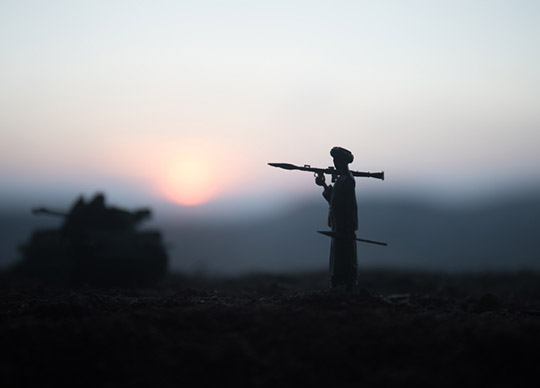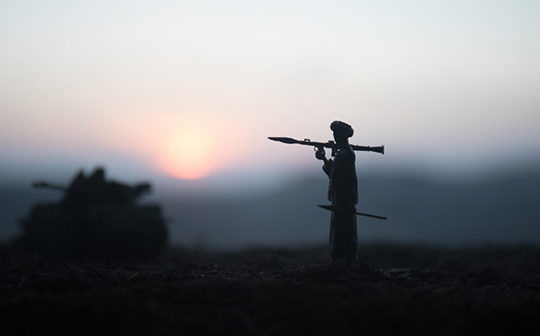
By Staff Writer
Weeks after Coalition forces left the country, Afghanistan has fallen to Taliban forces. On Sunday, the Taliban took the capital, Kabul, and the President, Ashraf Ghani, fled the country.
In President Ghani’s wake is a chaotic city. Kabul’s Airport is reportedly under fire as thousands of people attempt to evacuate on military aircraft. All civilian airlines have suspended flights.
Coalition forces, including Australian Defence Force (ADF) personnel, went into Afghanistan following 9/11. At the time, al-Qaida leaders were sheltering in the country. Since 2001, 41 ADF and around 2,500 US military members have died in Afghanistan. Approximately 48,000 Afghani civilians have also died in the conflict.
In June, Australia ended its formal troop commitment to Afghanistan. The United States was also finalising its troop withdrawal.
“An endless American presence in the middle of another country’s civil conflict was not acceptable to me,” said US President Jo Biden on the weekend.
“I was the fourth President to preside over an American troop presence in Afghanistan – I would not, and will not, pass this war onto a fifth.”
As Coalition forces withdrew, Taliban forces have moved quickly through Afghanistan. The country’s largest cities fell like dominos.
On Sunday morning, the Taliban circled Kabul. By the early hours of Monday morning, Kabul’s Presidential Palace was occupied.
“No one was expecting our victory would be like this,” Mullah Abdul Ghani Baradar, head of the Taliban’s political office, told his fighters.
With President Ghani and his immediate circle departing for Oman, former President Hamid Karzai has stepped into the vacuum. Alongside Afghani politician Gulbuddin Hekmatyar and peace negotiator Abdullah Abdullah, Mr Karzai is trying to secure a transition of power safely.
In a public broadcast overnight, Mullah Abdul Ghani Baradar called for restraint.
“In the past, we were not as responsible as we have become. It is now a test for us.”
In the lead up to the fall of Kabul, the Australian Government has come under increasing pressure to repatriate interpreters and other local personnel who aided the ADF over the last 20 years.
Approximately 400 repatriations and resettlements have occurred to date, and further evacuations were anticipated this week. However, the fall of Kabul may jeopardise that.
“We will not be discussing any operational plans at this point in order to maintain the security of those operations and, of course, to protect those who are most vulnerable,” said Australian Prime Minister Scott Morrison on Sunday.
While Taliban leaders overnight attempted to calm fears in Kabul, significant concerns remain about an emerging humanitarian crisis, reprisals, and the subjection of women and girls.
“This is our national legacy,” said former Australian special forces commando Heston Russell on Monday morning.
Meanwhile, overnight scenes at the US Embassy in Kabul have been likened to the fall of Saigon.
“The security situation in Kabul is changing quickly, and the situation in the airport is deteriorating rapidly,” the US Embassy says. “Do not come to the Embassy.”
The Australian Defence Force will be deploying more than 250 personnel to support urgent Australian Government efforts to evacuate Australian citizens and visa holders from Afghanistan.
A KC-30A departed Amberley today (16 August 2021) for Australia’s main operating base in the Middle East and will commence refuelling operations in support of the wider US-led operation later this week.
Two C-17A Globemasters will also depart for the Middle East later this week.
The situation in Afghanistan remains highly volatile and dangerous.






